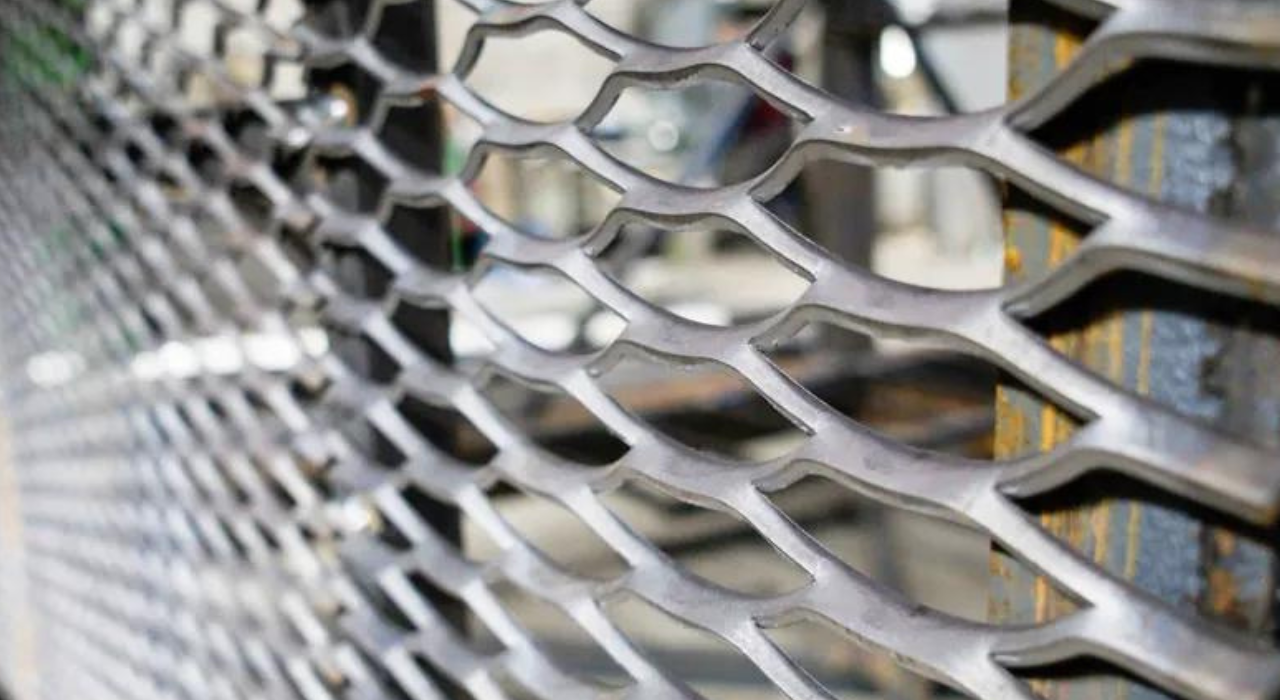Metal mesh facades play an essential function in the current structure due to their multifaceted advantages. They enhance building aesthetics with a swish, cutting-edge appearance even as imparting purposeful advantages which include solar shading, natural ventilation, and privateness without compromising daylight hours penetration.
Metallic mesh facades additionally offer durability, climate resistance, and low preservation requirements, ensuring long-term cost-effectiveness. Furthermore, they can be tailored to various design options, making them flexible for a variety of architectural styles from business buildings to residential complexes. Typical, metal mesh facade are pivotal in attaining sustainable, visually placed construction exteriors.
Materials Types For Producing Metal Mesh Facades
Metal mesh facades are usually produced with the use of a variety of substances, selected for specific residences which include durability, aesthetics, weight, and cost. Common materials used include
Stainless Steel
Stainless steel is broadly utilized for metal cross-section veneers on account of its wonderful solidness, consumption obstruction, and intermittent assurance. Available in grades together with 304 and 316, it withstands harsh environments and gives a swish, modern appearance. Its high tensile strength makes it ideal for massive-scale packages, ensuring longevity and structural integrity. Stainless steel facades are popular in industrial, residential, and public buildings.
Copper
Copper is prized for its precise aesthetic and herbal patina, which has developed over the years, adding character and visible appeal to facades. It's miles fantastically durable, corrosion-resistant, and has wonderful thermal properties. Additionally, copper possesses antimicrobial features, making it appropriate for diverse environments. Frequently used in cultural landmarks, museums, and upscale residential initiatives, copper facades provide a dynamic, undying look that evolves with age.
Aluminum
Aluminum is favored for metal mesh facades due to its lightweight nature, first-rate corrosion resistance, and ease of fabrication. It permits complex designs and is distinctly recyclable, making it an environmentally pleasant preference. Aluminum's low weight simplifies installation and reduces structural load. It is normally used in cutting-edge commercial buildings, airports, and sports facilities where innovative design and weight considerations are essential.
Galvanized Steel
Galvanized steel is a value-powerful material for steel mesh facades, proposing a protective zinc coating that prevents rust and extends its lifespan. It gives a good balance of energy and corrosion resistance, making it appropriate for industrial buildings, warehouses, and price range-aware tasks. Galvanized steel gives robust structural aid and durability, ensuring dependable overall performance in various environments even keeping preservation desires low.
Bronze
Bronze, an alloy of copper, is valued for its rich, warm color and durability, making it a top-notch need for metal mesh facades. It is proof against corrosion and put on, ensuring long-term performance. Bronze may be forged into tricky designs, allowing for innovative and custom architectural solutions. Regularly utilized in ancient restorations and specific projects, bronze facades add a specific, costly appearance to buildings.
Brass
Brass, a copper alloy, is thought for its bright, gold-like look and corrosion resistance, making it appropriate for ornamental metal mesh facades. It offers sturdiness and simplicity of workability, taking into consideration problematic designs and exact architectural factors. Brass facades enhance the classy enchantment of buildings, mainly in interior and exterior programs wherein a steeply-priced finish is preferred. Its precise color and timeless appeal make brass a popular choice in high-end residential and industrial initiatives.
Titanium
Titanium meshes are prized for their brilliant strength-to-weight ratio, corrosion resistance, and modern-day aesthetic enchantment. Even though much less unusual than different materials, titanium gives architects a high-overall performance alternative for specialized facade programs. Its specific properties make it appropriate for tasks annoying sturdiness, such as high-rise buildings or structures in coastal environments wherein saltwater corrosion is a concern.
Conclusion
The materials used for metal mesh facades which include stainless steel, aluminum, galvanized steel, copper, bronze, and brass offer unique advantages in phrases of sturdiness, aesthetics, and functionality. Whether prioritizing smooth modernity with stainless steel, environmental friendliness with aluminum, or timeless elegance with copper, architects can pick substances that enhance both the visible enchantment and structural integrity of buildings.


